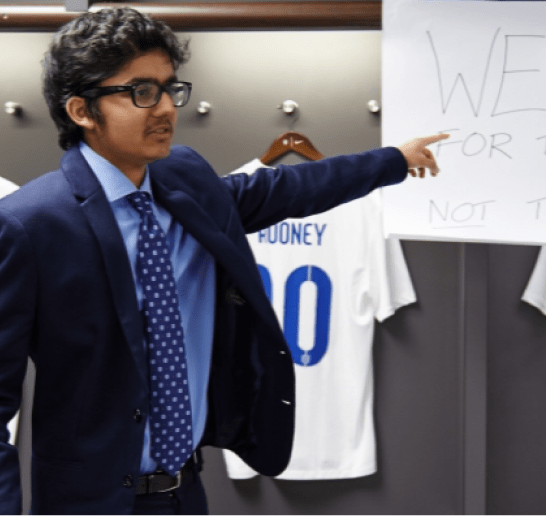Sports Psychology

Sports Psychologists
Sport and exercise psychologists study the mental and emotional effects of taking part in sport and exercise. With the completion of your psychology degree you will require a masters degree in sport and exercise psychology with two years of supervised practice. Typically you would work with professionals such as coaches, managers, nutritionists and physiotherapists. You would also carry out treatments such as dealing with nerves and anxiety, self-confidence improvement, improved concentration, coping with stress, discomfort, distraction and coping with sports injuries. Psychologists study people’s behaviour, motivation, thoughts and feelings and help them overcome or control their problems. Psychologists function to treat and maintain the mental well being of their patients of all ages.
Entry Requirements:
To pursue a career in psychology you need to complete a three-year degree in psychology and three-year postgraduate qualification related to your chosen field.
A-Level Requirements:
280-320 UCAS points
Subjects required: a sport, science or social science related discipline
Alternative route: degree in psychology, typically requires AAA, then followed by a Masters degree in Sport Exercise and Psychology
The FMPA recommends:
Additional list of courses, memberships, experience, qualifications etc that would help interested parties gain employment/position in the Professional game within this discipline
